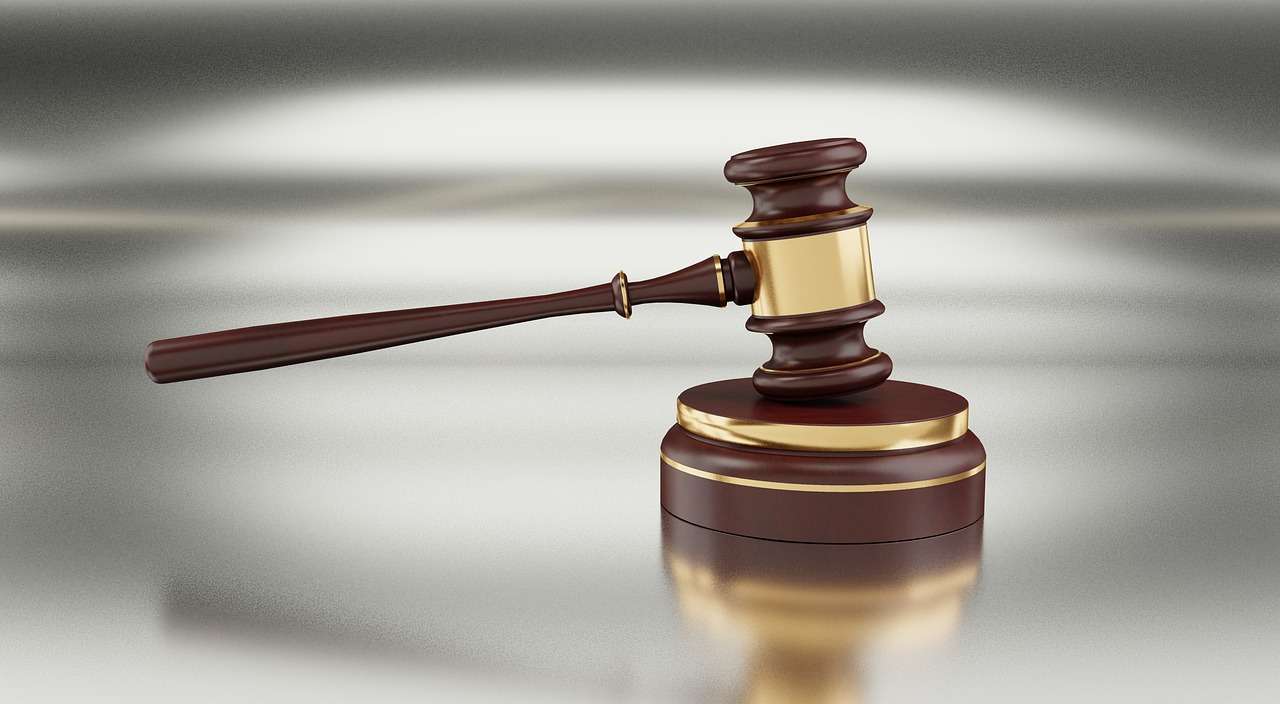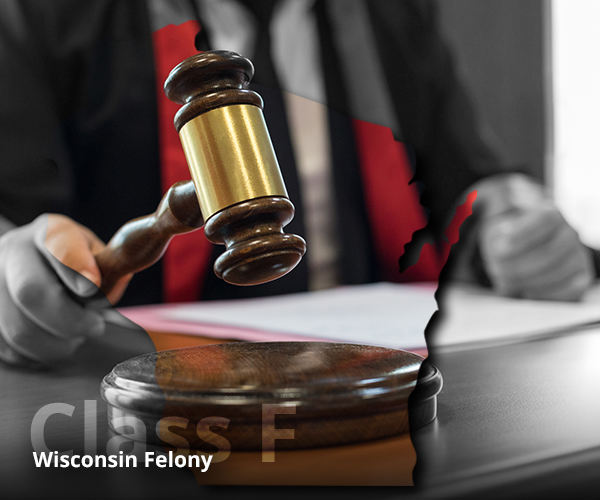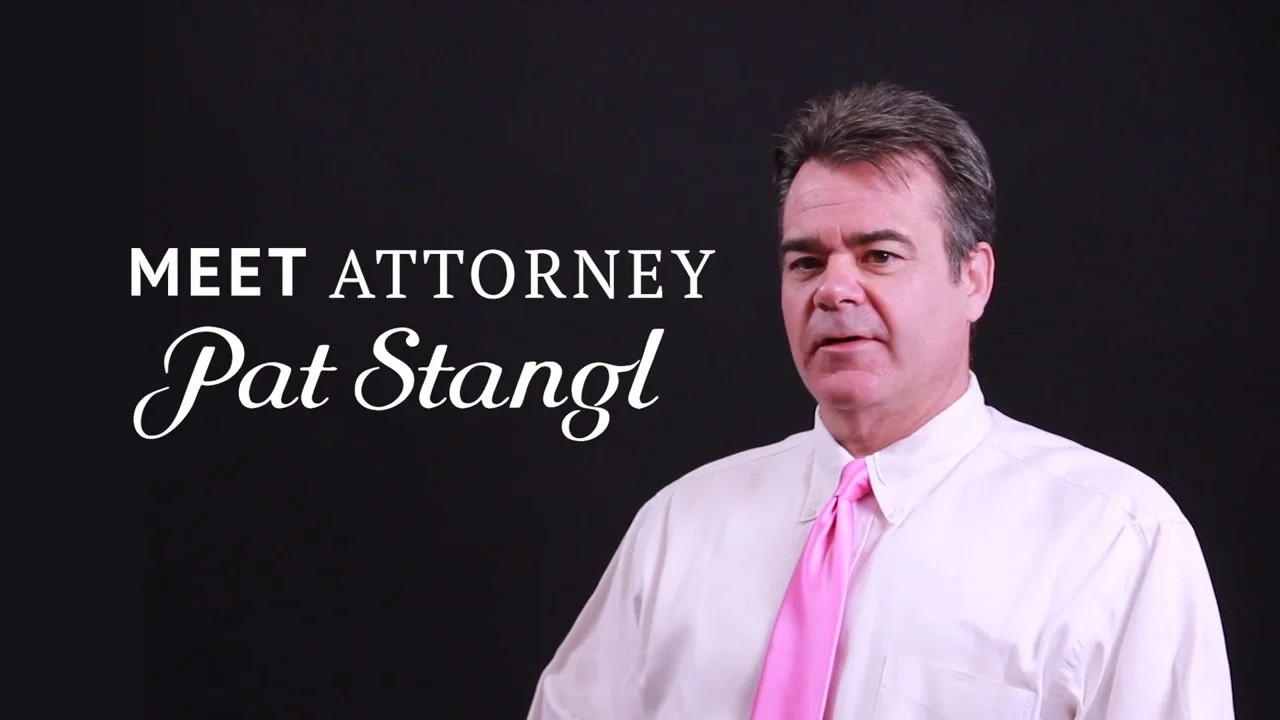Wisconsin Class F Felony: Understanding The Charges And Consequences
Alright, here's the deal. If you're diving into the world of legal systems, especially in Wisconsin, you’ve probably come across the term "Wisconsin Class F Felony." This ain't just some random jargon; it’s a serious classification with heavy implications. Imagine walking into a courtroom, and suddenly you hear this term being thrown around. You better know what you're dealing with, right? That’s why we’re breaking it down in this article. Stick with me, and I’ll guide you through everything you need to know about Wisconsin Class F Felony charges.
Now, before we jump into the nitty-gritty, let’s set the stage. Felonies are the big dogs of criminal offenses, and in Wisconsin, they’re categorized into different classes based on severity. Class F is no small potatoes. It’s a major deal, and if you’re caught up in it, you’re looking at some serious consequences. But don’t panic yet; knowledge is power, and by the end of this read, you’ll have a solid grasp of what you’re up against.
So, why does this matter? Well, whether you’re directly involved or just curious about the legal landscape, understanding Wisconsin Class F Felony charges is crucial. This isn’t just about the law—it’s about knowing your rights, potential penalties, and how to navigate the system. Let’s dive in and make sense of it all.
Read also:Belgium Vs Ukraine A Thrilling Clash On The Global Stage
Defining Wisconsin Class F Felony
First things first, what exactly is a Wisconsin Class F Felony? In layman’s terms, it’s a category of felony that sits right in the middle of the severity spectrum. It’s not as bad as, say, a Class A Felony, but it’s no walk in the park either. These charges typically involve serious crimes that can have lasting impacts on both the offender and the victims involved.
Class F felonies in Wisconsin are punishable by up to 12 years and 6 months in prison. That’s a lot of time, folks. Plus, there’s the potential for hefty fines, community service, and other penalties. So, yeah, if you’re facing these charges, it’s not something to take lightly.
Common Crimes Under Class F Felony
Let’s break down some of the common offenses that fall under this category. These can include crimes like:
- Second-degree sexual assault
- Reckless homicide
- Arson of a building
- Robbery with a dangerous weapon
- Manufacturing or delivering certain controlled substances
Each of these crimes carries its own weight, but they all share one thing in common: they’re serious enough to land you in the Class F category. And trust me, you don’t want to be there.
Potential Penalties for a Class F Felony
Alright, let’s talk penalties. If you’re convicted of a Class F Felony in Wisconsin, you’re looking at some serious consequences. First off, there’s the prison time. As I mentioned earlier, you could be staring down the barrel of up to 12 years and 6 months behind bars. But that’s not all.
On top of the prison sentence, you might also face fines of up to $25,000. That’s a lot of cash, and it can really hit you where it hurts. Plus, there’s the potential for additional penalties like probation, community service, restitution, and more. It’s a whole package deal, and none of it’s good.
Read also:Tayme Thapthimthong White Lotus Season 3 Episode 1 The New Face Of Luxury Chaos
Probation and Parole
Now, let’s chat about probation and parole. If you’re lucky enough to avoid a lengthy prison sentence, you might end up on probation. This means you’ll be under supervision, with strict rules to follow. Miss a meeting or break the rules, and you could find yourself right back in jail.
Parole works similarly. If you do serve time, you might be eligible for parole after a certain period. But again, you’ll be under supervision, and the rules are just as strict. It’s like walking a tightrope, and one misstep could send you plummeting back into the system.
Legal Process for Class F Felony Charges
So, what happens when you’re charged with a Class F Felony? The legal process can be overwhelming, but here’s the gist. First, there’s the arrest. Then, you’ll go through the booking process, where they’ll take your mugshot and fingerprints. After that, it’s off to court for the arraignment, where you’ll enter your plea.
If you plead not guilty, the case will move forward to trial. This is where your defense team comes in. They’ll work to build a case to either reduce the charges or get them dismissed altogether. It’s a long road, but having a good lawyer by your side can make all the difference.
Role of a Defense Attorney
Speaking of lawyers, let’s talk about the role of a defense attorney in a Class F Felony case. Your attorney is your lifeline. They’ll guide you through the legal process, help you understand your rights, and fight for the best possible outcome. Whether that’s reducing the charges, negotiating a plea deal, or going to trial, your lawyer is there to protect your interests.
But here’s the thing—don’t skimp on legal representation. A good attorney can mean the difference between a harsh sentence and a more favorable outcome. So, do your research and find someone who knows their stuff when it comes to Wisconsin criminal law.
Understanding Your Rights
Now, let’s shift gears and talk about your rights. If you’re facing Class F Felony charges, it’s crucial to know what rights you have under the law. First and foremost, you have the right to remain silent. You don’t have to say anything that could incriminate you, so keep your mouth shut until you’ve spoken to your lawyer.
You also have the right to legal representation. If you can’t afford a lawyer, one will be appointed to you. And let’s not forget the right to a fair trial. The justice system is supposed to be impartial, and you deserve a fair shot at proving your innocence or mitigating the charges against you.
Protecting Your Rights
Protecting your rights is key to navigating a Class F Felony charge. This means staying informed, following legal procedures, and trusting your attorney. Don’t fall for any tricks or pressure tactics from law enforcement. Stick to the facts, and let your lawyer do the talking.
And remember, the burden of proof is on the prosecution. They have to prove beyond a reasonable doubt that you committed the crime. That’s a high standard, and your lawyer will work to poke holes in their case. It’s all about playing the legal game smartly.
Impact on Your Life
Let’s be real for a second. A Class F Felony conviction can have a massive impact on your life. We’re talking about more than just prison time and fines. There’s the stigma of having a felony on your record, which can affect your ability to get a job, find housing, or even vote in some cases.
It can also strain your relationships with family and friends. People might look at you differently, and that’s not easy to deal with. Plus, there’s the emotional toll of being caught up in the legal system. It’s a lot to handle, and it can feel like the world’s crashing down on you.
Rebuilding After a Conviction
But here’s the thing—rebuilding after a conviction is possible. It won’t be easy, but with the right mindset and support system, you can turn your life around. Start by focusing on rehabilitation. Take classes, get counseling, and work on becoming a better version of yourself.
And don’t forget to surround yourself with positive influences. Lean on your support system, whether that’s family, friends, or support groups. You’re not alone in this, and there are resources out there to help you get back on your feet.
Preventing Future Legal Issues
Now that you know the ins and outs of Class F Felony charges, let’s talk prevention. How can you avoid landing in this situation in the first place? It starts with making smart decisions and staying on the right side of the law. Avoid situations that could lead to criminal behavior, and think before you act.
If you do find yourself in trouble, don’t hesitate to seek legal advice. A good lawyer can help you navigate the system and potentially avoid serious charges. And remember, an ounce of prevention is worth a pound of cure. Stay informed, stay cautious, and stay out of trouble.
Seeking Legal Advice
Finally, let’s talk about seeking legal advice. Whether you’re facing charges or just want to stay informed, consulting with a lawyer is always a good idea. They can answer your questions, provide guidance, and help you avoid legal pitfalls. Don’t wait until it’s too late—reach out to a legal professional if you have any concerns.
Conclusion
Alright, we’ve covered a lot of ground here. From defining Wisconsin Class F Felony charges to discussing potential penalties and legal processes, you now have a solid understanding of what you’re up against. Remember, knowledge is power, and knowing your rights and options can make all the difference.
So, what’s next? If you’re facing charges, get in touch with a qualified attorney right away. If you’re just curious about the legal system, keep learning and stay informed. And whatever you do, don’t take this stuff lightly. The consequences of a Class F Felony conviction can be life-changing, so play it smart.
And hey, if you found this article helpful, don’t forget to share it with others. Knowledge is power, and the more people know about the legal system, the better off we all are. Thanks for reading, and stay safe out there!
Table of Contents
- Defining Wisconsin Class F Felony
- Common Crimes Under Class F Felony
- Potential Penalties for a Class F Felony
- Probation and Parole
- Legal Process for Class F Felony Charges
- Role of a Defense Attorney
- Understanding Your Rights
- Protecting Your Rights
- Impact on Your Life
- Rebuilding After a Conviction
- Preventing Future Legal Issues
- Seeking Legal Advice
Article Recommendations


